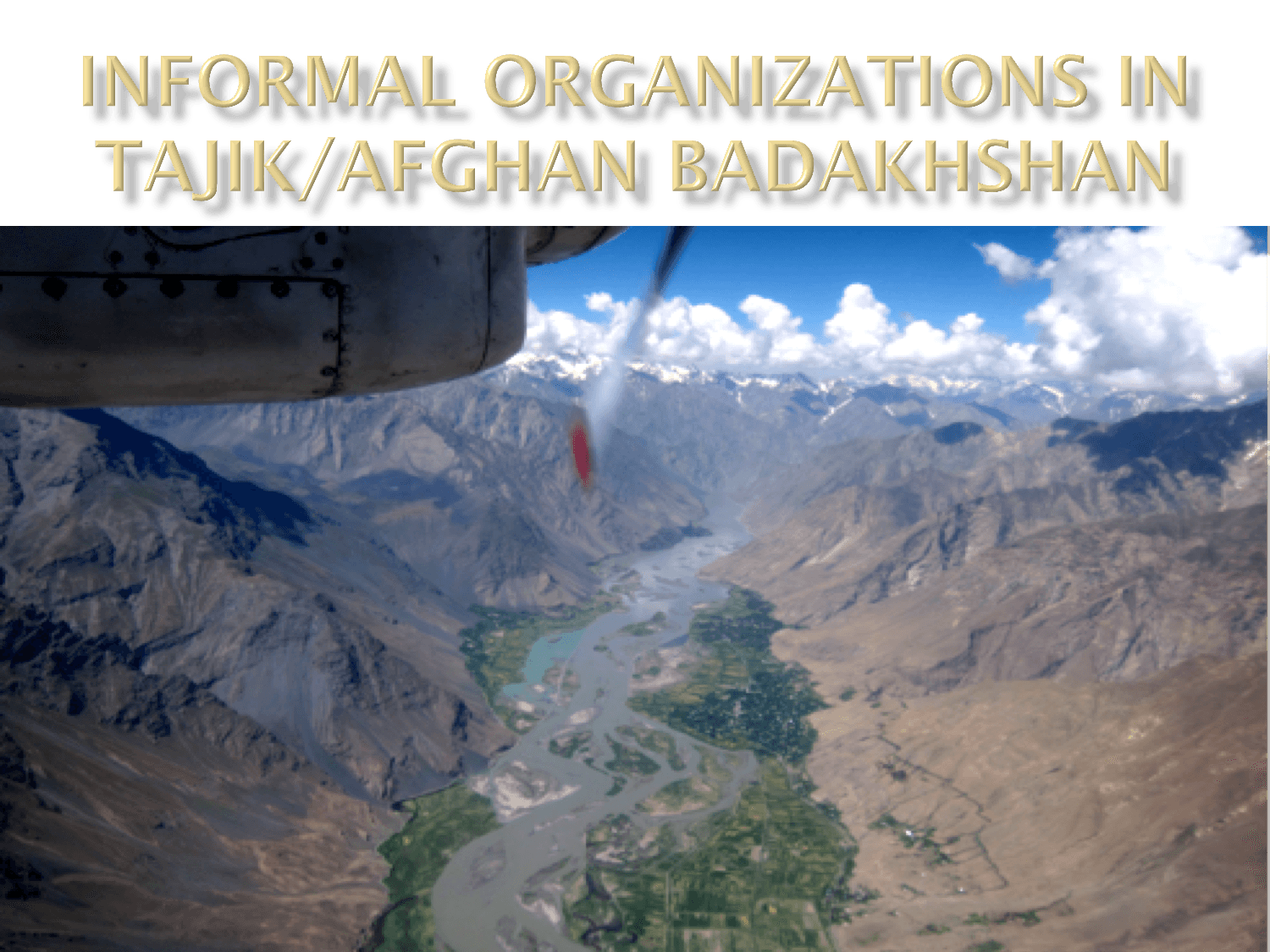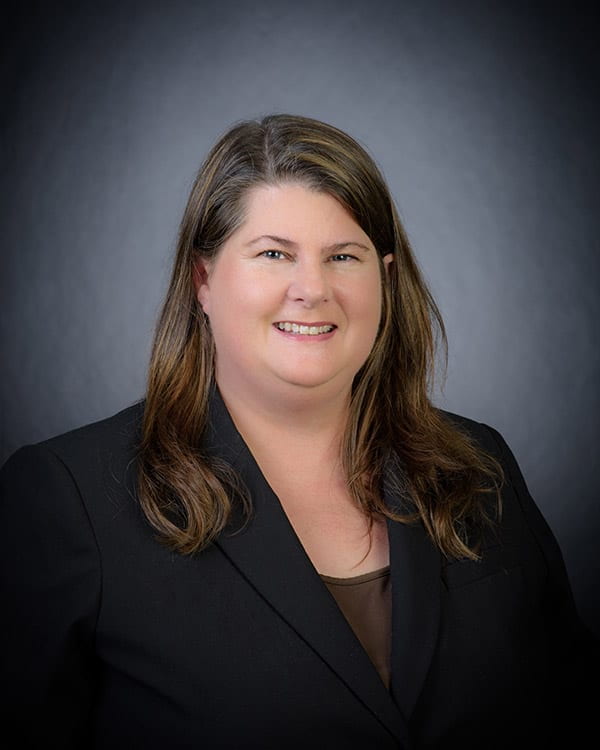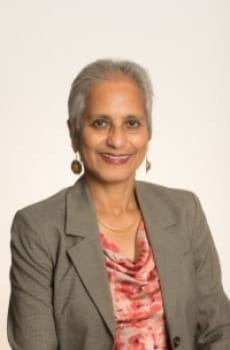
Thursday, November 21, 2019
12:00 PM – 1:00 PM
Lindner Commons, Room 602
Elliott School of International Affairs
1957 E Street, NW, Washington, District Of Columbia 20052

About the Event:
The Sigur Center for Asian Studies would like to invite you to attend this discussion in celebration of the forthcoming book, Informal Organizations in Tajik/Afghan Badakhshan by Suzanne Levi-Sanchez, Ph.D. This book explores the relationship of informal organizations to the state, civil society, and kinship networks. The fieldwork spanned six years on and off along both sides of the Tajik/Afghan border in Badakhshan doing ethnographic fieldwork, interviewing informal leaders, state officials, civil society leaders, and activists as well as doing focus group discussions. While in both Tajik and Afghan Badakhshan there are various civil society organizations and at the same time, strong kinship networks, there is also this layer in-between – the informal organizations. The context in which the informal organizations interact with the state and/or kinship ties changes their role and influence. Through detailed case studies, this research examines how informal organizations operate. Specifically, the book describes how they intersect with kinship networks and the state, and/or provide a buffer from state control as well as how they mediate between civil society and the state and familial networks, and how they differ depending on the context in which they are embedded.
Associate Director Dr. Deepa Ollapally will moderate the Q&A.
The event is free and open to the public. Chatham House rules apply; not for public attribution. Lunch will be provided.

Suzanne Levi-Sanchez, Ph.D. is the Assistant Professor for National Security Affairs at U.S. Naval War College. She is an experienced educator, field researcher, and analyst with subject matter expertise in Iran, Afghanistan, Central Asia, political identity, informal institutions, local leadership, borders, ethnographic methods, and gender. Her background includes intensive research on Iranian culture and politics as well as six years on and off on the border of Tajikistan and Afghanistan studying how local leaders and organizations impact border and state stability as well as drug, human, weapons, and gemstone trafficking.

Deepa Ollapally (moderator) is directing a major research project on power and identity and the worldviews of rising and aspiring powers in Asia and Eurasia. Her research focuses on domestic foreign policy debates in India and its implications for regional security and global leadership of the U.S.
Dr. Ollapally has received major grants from the Carnegie Corporation, MacArthur Foundation, Ford Foundation, the Rockefeller Foundation and the Asia Foundation for projects related to India and Asia.
She is a frequent commentator in the media, including appearances on CNN, BBC, CBS, Reuters TV, and the Diane Rehm Show.

